RDCK approves the first aspect of an electric vehicle project
Change is being fueled in the Kootenays and it is creating an electric feel.
The Regional District of Central Kootenay board of directors approved support at its last regular meeting for a project that is expected to raise the profile of electric vehicle use in the Kootenay region.
The growing cost of gasoline-fueled transportation in the region has prompted the prospect of an electric vehicle charging station infrastructure project for the Kootenays.
With transportation responsible for approximately 63 per cent of greenhouse gas emissions in the Kootenays, and the Kootenay-Boundary area spending around $199 million per year on fuel for transportation, the project is aimed to reduce greenhouse gas emissions, increase electric vehicle tourism, and facilitate electric vehicle ownership.
Presented and driven by the Community Energy Association (CEA), the endeavor would be comprised of partners from the private and public sector. But the CEA is applying for federal funds and requested a letter of support from the RDCK board, which it received.
The project is also expected to include the Regional District of Kootenay Boundary (RDKB) and Regional District of East Kootenay (RDEK).
The RDCK had identified electric and low carbon vehicles as a communitywide energy and emissions priority in the Strategic Community Energy and Emissions Plan (SCEEP) held on Feb. 19, 2016.
“Most municipalities in RDCK, RDKB, and RDEK have also identified this as a priority in their community energy plans,” said Patricia Dehnel, community relations manager for the CEA, in a letter sent to the board.
The Highway 3 Mayors and Chairs Coalition has expressed strong interest in the development of an electric vehicle charging network linked into regional tourism branding and marketing.
On Feb. 12, the RDEK board approved an “Electric Vehicle (EV) Charging Station Infrastructure Strategy” as the first step towards implementing an electric vehicle charging network in the East Kootenay.
Dehnel told the board in its last regular meeting that potential partners — including FortisBC, BC Hydro, Columbia Basin Trust, private businesses and the Ministry of Energy and Mines — are supportive of this initiative and have expressed interest in a Kootenay-wide, collaborative approach to building the network.
As part of the Strategic Community Energy and Emissions planning (SCEEP) workshop recently hosted by the regional district, support for electric and low carbon vehicles (EVs) was identified as an action to pursue in an effort to reduce community wide green house gas emissions.
The RDEK has approved allocation of funds towards a community energy manager to develop the EV strategy and has further committed climate action reserve funds to support the project.
Regional district area Official Community Plans contain green house gas emission reduction targets and encourage the collaboration with partners and community members to achieve the reduction targets.
Pending funding approvals, project completion is anticipated for Fall 2017.
An overall project budget is approximately $800,000 for the installation of level two and three EV stations. Each regional district is asked to commit to $10,000 to $15,000 in each of the project years: 2016 and 2017.
The regional district will commit, in principle, an amount of $15,000 per year for each of 2016 and 2017 towards the implementation of the comprehensive strategy.
A liquid situation
The scope of work and budget for the city’s aquatic centre renovation has changed.
According to a recent RDCK board of directors’ decision, the project construction budget for the Nelson and District Aquatic Centre will be increased by $197,776, from $5,627,600 to $5,825,376.
Work will be removed on the Nelson and District Community Centre administrative area as the anticipated costs for the heat recovery system is $211,814 more than previous estimates.
As well, it was decided that upon review the previous approved design for the administrative area will not meet future needs.
The money for the heat recovery system will come from RDCK reserves.
The Greenway Project
The RDCK will apply for funding from Bike BC for the “South Slocan Community Greenway Project” which involves cycling related improvements to Crescent Valley Beach Regional Park, Slocan Valley Rail Trail and the proposed South Slocan Tunnel.
In addition, the RDCK staff has been directed to work with representatives from the Slocan Valley Heritage Trail Society and the Ministry of Transportation and Infrastructure in order to fulfill the grant and project requirements.
No change expected
The RDCK board had discussed the possibility of lobbying the government to abolish Daylight Savings Time.
However, it was decided that this should be a “decision of the people of British Columbia,” so the board will not proceed to advocate for the change at this time.


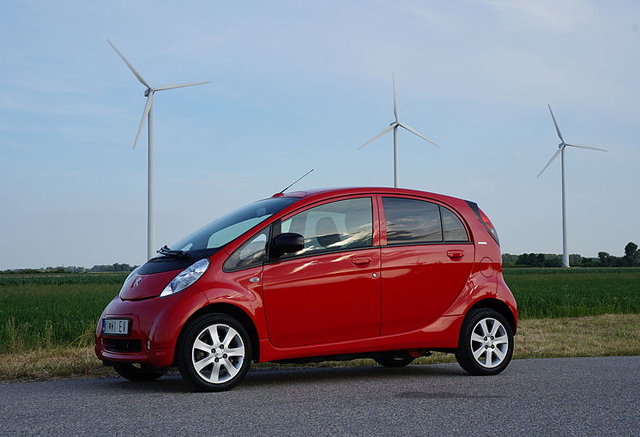



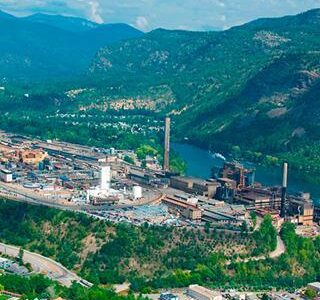



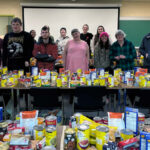
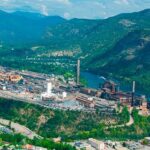





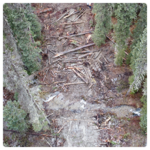
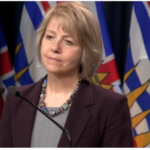




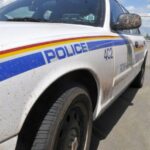


Comments